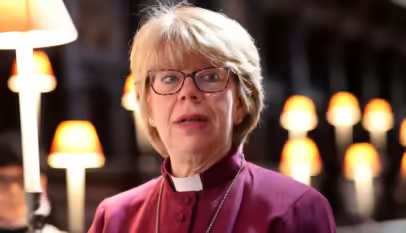The Archbishop of Canterbury and head of the Church of England, Justin Welby has resigned following growing allegations that he failed to ensure proper investigation of abuse by a volunteer at the Christian summer camps about 40 years ago.
The Archbishop, who is the head of about 90 million Anglican Christians across the world, including Africa, announced his resignation following increasing calls that he step down over coverup of the abuses, which happened decades ago.
Three prominent members of the Church of England’s governing body, the General Synod, triggered a petition calling for Welby to stand down from his role for failing to properly investigate the abuses by a missionary, John Smyth who ran camps in Africa.
Announcing his decision, Welby said in a statement: “The last few days have renewed my long-felt and profound sense of shame at the historic safeguarding failures of the Church of England.
“I hope this decision makes clear how seriously the Church of England understands the need for change and our profound commitment to creating a safer church. As I step down I do so in sorrow with all victims and survivors of abuse.”
Welby’s tenure covered a decade of major upheaval in which he was forced to navigate rows over homosexual rights and women clerics between liberal churches, mostly in North America and Britain, and their conservative counterparts, especially in Africa.
The Archbishop had faced strong opposition from churches in Nigeria and Uganda, who stopped short of gaming his resignation over his support for same-sex unions and female bishops.
However, what has cost him the exalted position is the atrocities of Smyth, which the church failed to investigate.
Smyth reportedly abused young males at his home and identified several of his victims through evangelical Christian summer camps he helped run for students from Britain’s elite private colleges in the 1970s and 1980s.
Smyth was refused ordination by the Church of England but moved to Zimbabwe in 1984, where a report claimed that he abused up to 100 male children aged 13 to 17 in Africa.

































